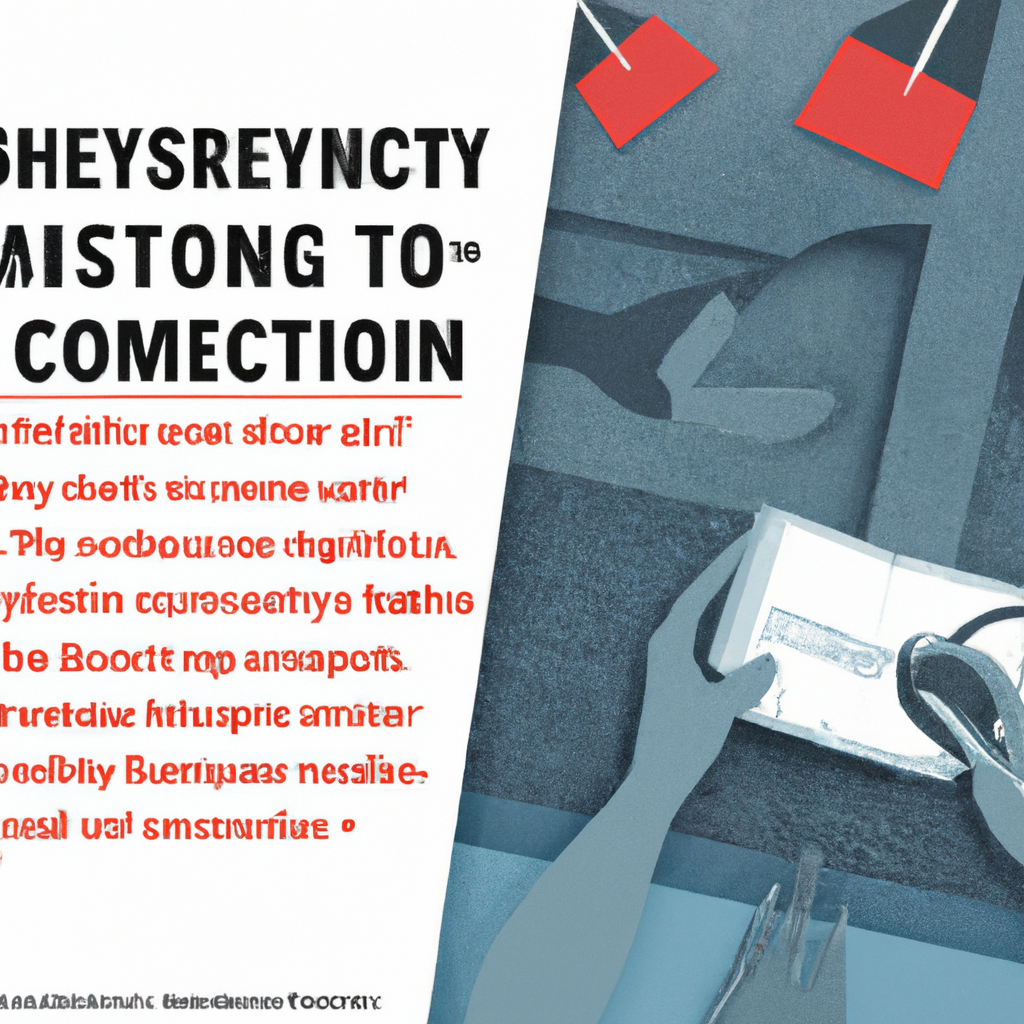If you’ve ever wondered what would happen if you decided to skip out on cleaning your room for an entire month, prepare yourself for some unexpected surprises. Neglecting to tidy up your living space can lead to a domino effect of consequences that range from unsightly messes to potentially harmful health hazards. Brace yourself as we take a look at the impacts of letting a month go by without lifting a finger to keep your room spick and span.

This image is property of pixabay.com.
Increase in Dust and Allergens
Accumulation of dust
If you neglect to clean your room for a month, you can expect a significant buildup of dust. Dust particles, comprised of dead skin cells, dirt, pollen, and other debris, accumulate on surfaces such as shelves, furniture, and floors. This accumulation can create an unclean environment, leading to increased respiratory issues for individuals prone to allergies or asthma. Dust can also exacerbate respiratory conditions, causing coughing, sneezing, and difficulty breathing.
Presence of allergens
In addition to dust, your room can become a haven for various allergens when left uncleaned for an extended period. Allergens such as pet dander, pollen, and mold spores can linger in the air and settle on surfaces, leading to allergic reactions. If you have allergies or sensitivities, an unclean room can trigger discomfort, including itching, watery eyes, and even skin rashes. These symptoms can significantly impact your overall well-being and diminish the quality of your daily life.
Proliferation of Dust Mites
Ideal breeding ground
Without regular cleaning, your room can become an ideal breeding ground for dust mites. These microscopic creatures thrive in warm, humid environments, making your uncleaned room a perfect habitat for them to flourish. Dust mites feed on dead skin cells and multiply rapidly, contributing to the dust accumulation in your living space. Their presence can trigger allergic reactions, especially for individuals with sensitivities to dust mite waste.
Health risks
The proliferation of dust mites can pose significant health risks. Their discarded skin and fecal matter, which become airborne, can trigger asthma attacks, allergies, and even severe respiratory problems. Continuous exposure to dust mite allergens in an uncleaned room can lead to chronic symptoms and compromise your respiratory health in the long run. Therefore, it is crucial to maintain a clean living environment to minimize the risks associated with dust mites.

This image is property of pixabay.com.
Growth of Mold and Mildew
Moisture buildup
Neglecting to clean your room for a month can also result in moisture buildup, especially if proper ventilation isn’t maintained. Accumulated dirt, dust, and even spills can create moist conditions that promote the growth of mold and mildew. Mold thrives in damp, dark spaces, and if left unchecked, it can spread quickly across surfaces such as walls, ceilings, and fabrics.
Respiratory problems
The growth of mold and mildew in your uncleaned room can pose serious health risks, particularly to your respiratory system. Exposure to mold spores can trigger allergic reactions, respiratory infections, and even asthma attacks. Prolonged exposure to these contaminants can lead to chronic respiratory problems, making it essential to address and prevent mold growth through regular cleaning and proper maintenance of your living space.
Unpleasant Odors
Stagnant air
An uncleaned room that lacks proper ventilation can quickly become a breeding ground for unpleasant odors. The stagnation of air within a room leads to the accumulation of various smells, including body odors, food remnants, and even pet odors. These lingering odors can permeate your living space and create an unpleasant environment that affects your overall well-being and comfort.
Mold and bacterial growth
If you don’t clean your room for a month, the presence of dust, dirt, and moisture can foster the growth of mold and bacteria. These organisms emit distinctive, unpleasant odors that can quickly fill your living space. The smell of mold or bacteria can be not only unpleasant but also potentially harmful. To maintain a fresh and inviting environment, it is crucial to address the sources of these odors promptly through regular cleaning and proper ventilation.

This image is property of pixabay.com.
Increased Risk of Pest Infestation
Food debris attracts pests
One of the biggest consequences of not cleaning your room for a month is the increased risk of pest infestation. Food debris, such as crumbs or spills, left unattended can attract a wide range of pests, including ants, cockroaches, and rodents. These unwelcome guests can quickly invade your living space, searching for sustenance and causing potential damage to your belongings. Pest infestations not only create unsanitary conditions but also pose risks to your health and the structural integrity of your room.
Damage to belongings
Pests, such as rodents or insects, can cause damage to your belongings if left unchecked. Chewing through fabrics, gnawing on furniture, and contaminating food can lead to costly repairs or replacements. This damage can be not only financially burdensome but also emotionally distressing, as personal items and sentimental belongings may be irreparably harmed. Regular cleaning and maintaining a clutter-free environment are crucial in preventing pests from damaging your valued possessions.
Difficulty in Finding Belongings
Disorganization
When you don’t clean your room for a month, it inevitably leads to disorganization and clutter. Items get misplaced, clothing piles up, and essential belongings become buried under the mess. This disarray makes it increasingly difficult to find what you need, resulting in wasted time and frustration. The impact on your daily routine and productivity can be significant, as you are constantly searching for misplaced items instead of focusing on important tasks.
Time wasted searching
The lack of cleanliness and order in your room can lead to a substantial amount of time wasted searching for items. Whether it’s misplaced keys, important documents, or even a favorite piece of clothing, the disorganized environment hinders your ability to locate your belongings efficiently. This constant struggle with disarray can lead to added stress and diminish your overall satisfaction with your living space.

Negatively Affects Cognitive Function
Cluttered environment
A room that hasn’t been cleaned for a month is likely to be cluttered, which can have a negative impact on cognitive function. Numerous studies have shown that living in a cluttered environment can hinder concentration, memory retention, and the ability to process information effectively. The abundance of visual stimuli and distractions in an uncleaned room can overload the brain, making it challenging to stay focused and productive.
Impaired focus and productivity
A cluttered, uncleaned room not only affects your cognitive function but also impairs your overall focus and productivity. The disarray in your surroundings can create a sense of mental clutter, making it difficult to concentrate on tasks and complete them efficiently. This lack of focus and decreased productivity can have adverse effects on your work or studying habits, hindering your ability to achieve your goals.
Negative Impact on Mental Health
Stress and anxiety
Living in an uncleaned room for a month can contribute to increased stress and anxiety levels. The visual chaos and disorganization can evoke feelings of being overwhelmed and out of control, leading to heightened stress responses. Moreover, the presence of clutter and mess can create a constant reminder of unfinished tasks, making it difficult to relax and find peace within your living space.
Increased feelings of overwhelm
An uncleaned room can also contribute to a sense of overwhelm. With clutter and disarray surrounding you, it’s easy to feel like there’s always something that needs to be done. This constant reminder of unfinished cleaning tasks can lead to increased feelings of overwhelm, diminishing your ability to relax and enjoy your living space. Keeping your room clean and organized is essential for maintaining a sense of calm and mental well-being.

Impedes Physical Health
Tripping hazards
Leaving your room uncleaned for a month can create physical hazards, including tripping hazards. Cluttered floors, loose items, and tangled cords increase the risk of accidents and injuries. Tripping and falling can result in anything from minor bumps and bruises to more severe consequences like sprains or fractures. By neglecting to clean your room, you are inadvertently putting your physical well-being at risk.
Limited exercise space
An uncleaned room also limits the available space for exercise or physical activities. Cluttered floors and obstructed areas make it challenging to move freely and engage in any kind of physical fitness routine. Regular exercise is essential for maintaining good physical health, and a messy room can impede your ability to stay active and fit. By keeping your room clean and organized, you create a safe and conducive space for physical activity.
Social Implications and Embarrassment
Uninviting and uncomfortable space
An uncleaned room can create an uninviting and uncomfortable space, affecting your social interactions. If you have friends or family over, a messy room can make them feel unwelcome or uncomfortable. The visual disarray and potential unpleasant odors can create an environment that discourages socialization and restricts the enjoyment of your living space.
Potential judgment from others
Leaving your room uncleaned for a month can lead to potential judgment from others. Whether it’s family members, friends, or even roommates, people may form negative opinions about your living habits based on the appearance of your room. This judgment can affect your self-esteem and create a barrier to meaningful connections with others. By maintaining cleanliness and tidiness in your room, you create an environment that reflects your attention to detail and care for your personal space.
In conclusion, neglecting to clean your room for a month has several detrimental effects on your physical and mental well-being. From increased dust and allergens to the proliferation of dust mites and mold, the consequences of an uncleaned room can negatively impact your health. Unpleasant odors, increased risk of pest infestation, and difficulty in finding belongings further contribute to a diminished quality of life. Additionally, an uncleaned room can impede cognitive function, negatively affect mental health, and create physical hazards. Finally, an uncleaned room may lead to social implications and potential judgment from others. Maintaining a clean and organized living space is essential for your overall well-being, productivity, and comfortable social interactions.

